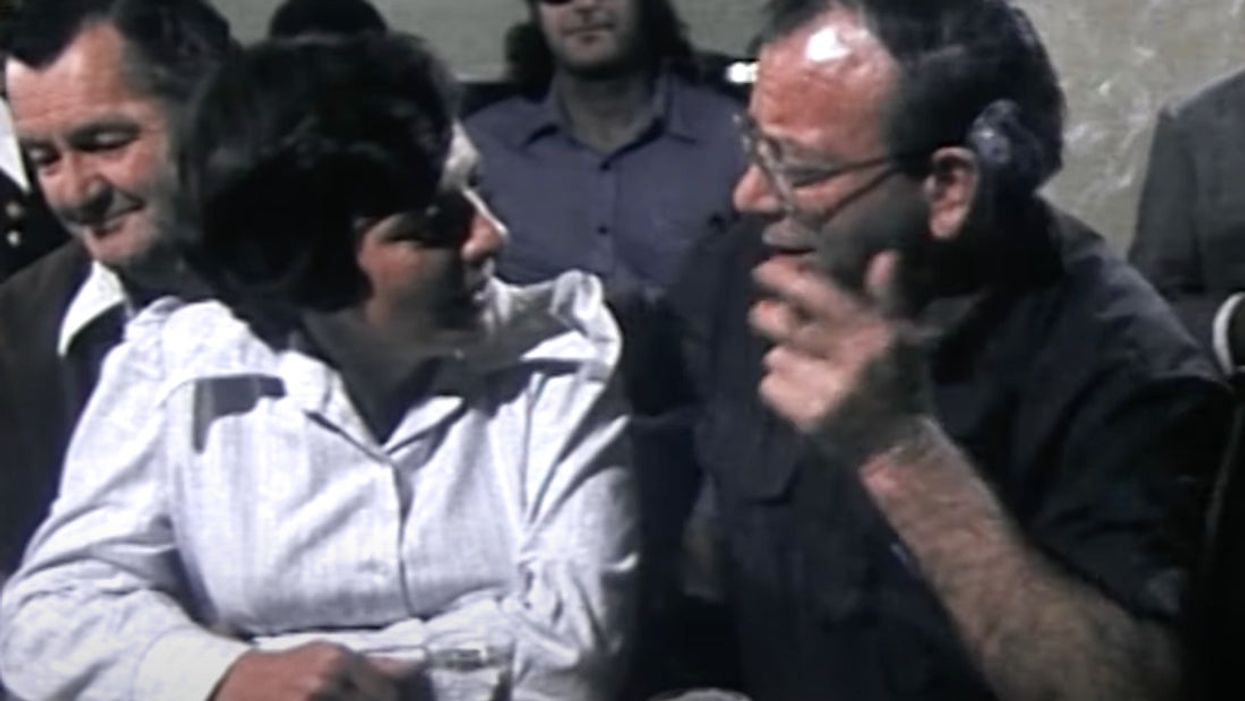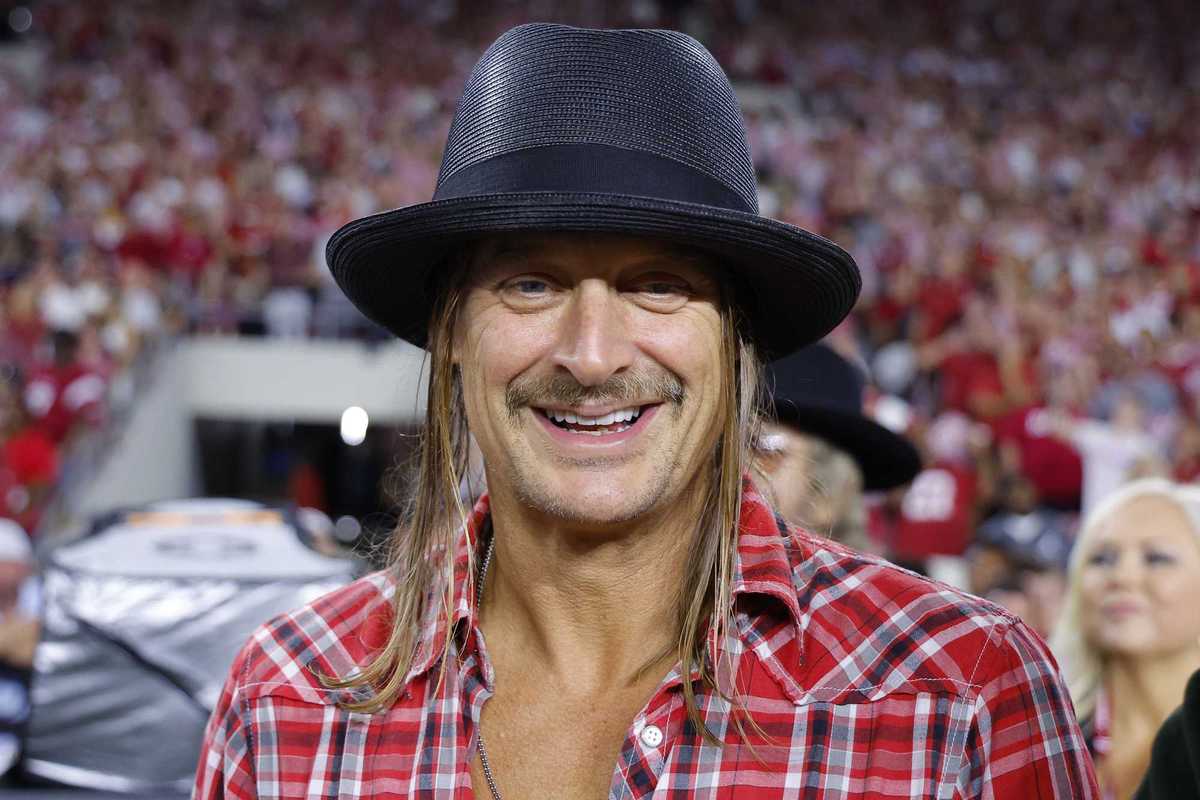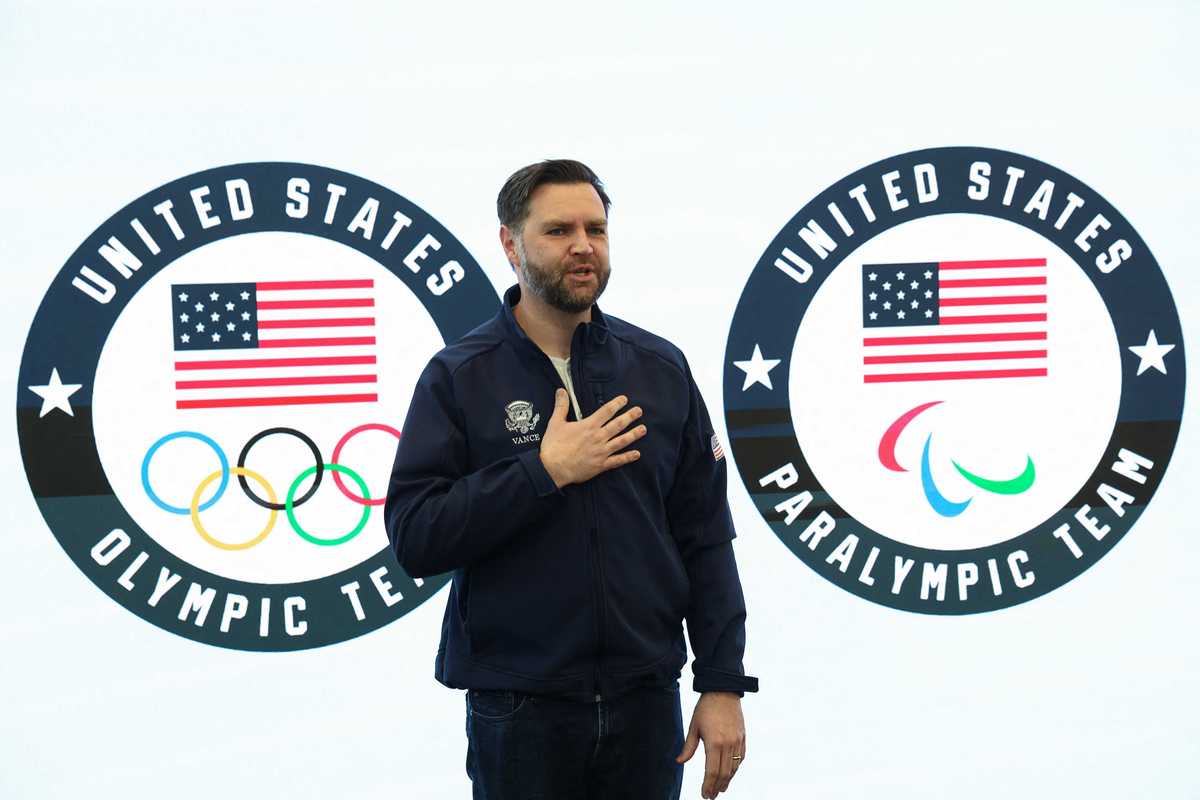Identities
Harriet Brewis
Jul 21, 2021
The world still has a long way to go when it comes to gender equality, but a vox pop from the 1970s shows we’ve at least made some progress since then.
Archival footage shared by the Australian Broadcasting Corporation (ABC) reveals how some men responded when women were first allowed to drink alongside them in the country’s bars.
Up until 1970 in Queensland women could get a drink in the ladies lounge or beer garden of a pub, but the bar was strictly men only.
Oh but they could work as barmaids, they just were prohibited as customers. Nice, isn’t it?
Once the Liquor Act law was finally changed and women were finally allowed to drink shoulder-to-shoulder with their male counterparts, the ABC sent a female reporter into a pub to gauge the punters’ reactions.
Suffice it to say, the men weren’t best pleased.
Standing beside a group at the bar, she asked if they objected to her being served alongside them.
“Yes,” one clamoured. Probed further, another said: "I think, myself, that the place for women is the saloon bar or the lounge.”
Asked why, he explained: “If I want to talk or swear or something like that and a woman is standing behind me, you can’t, can you?"
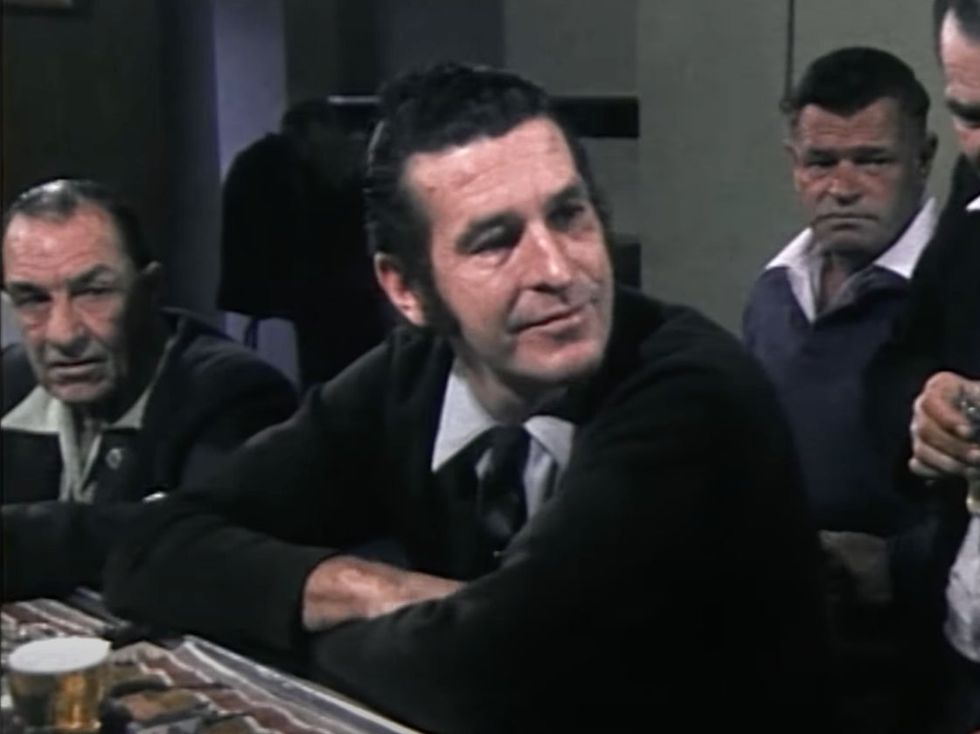
Approaching another customer, she asked: “You don’t mind me being here, do you?”
“I do,” he replied instantly, before asking: “Why should you be next to me?”
The reporter then asked: “You’d be happy if there was a man next to you, would you?”
Puffing on his cigarette (it was allowed back in those days), he then wrapped his arm around her and, squeezing her shoulder, said: “Oh, I don’t know, I don’t mind you.”
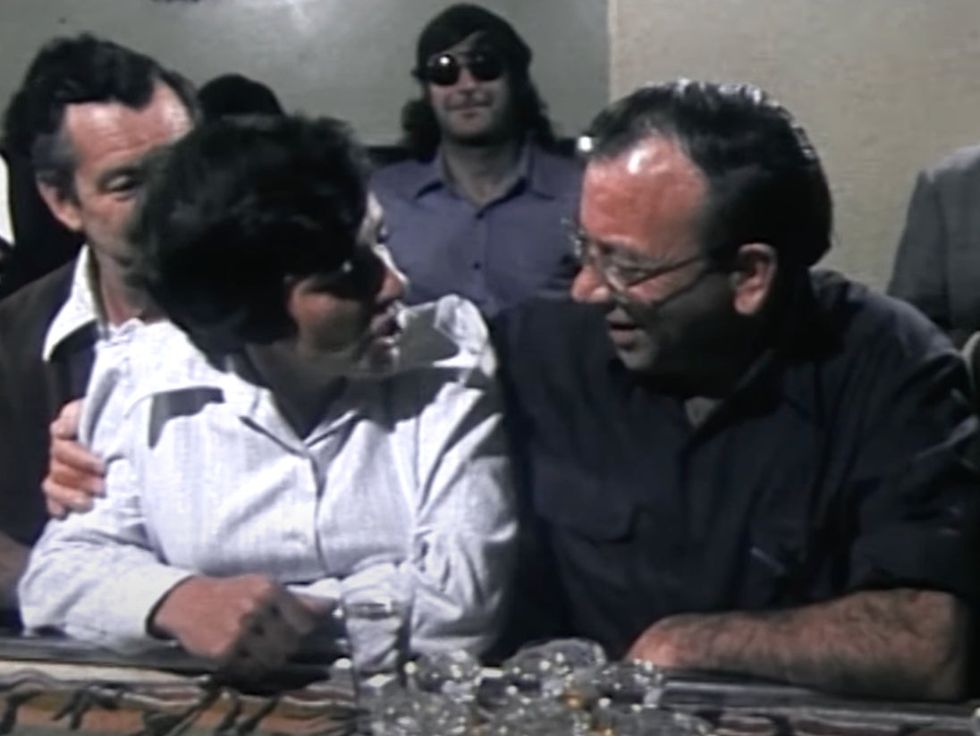
Looking uncomfortable, she then asked: “It’s just women in general, is it?”
“Oh I love them all,” he replied. But then, explaining his aversion to shared public bars, he said: "I can say Fs and Bs and Cs in here, where there’s only men.”
Asked if he thought women would be “shocked” by his language, he said: “Let me put it this way, we put a restraint on ourselves."
The man then went on to touch the journalist’s neck as she attempted to interview another person. Describing him – with an awkward laugh – as “molesting” her, she asked him to move his hand away.
“It’s not my hand, it’s my finger,” he argued, continuing his stomach-churning behaviour.
He then announced: “She asked us what happens when a woman comes in and I’m showing her.”
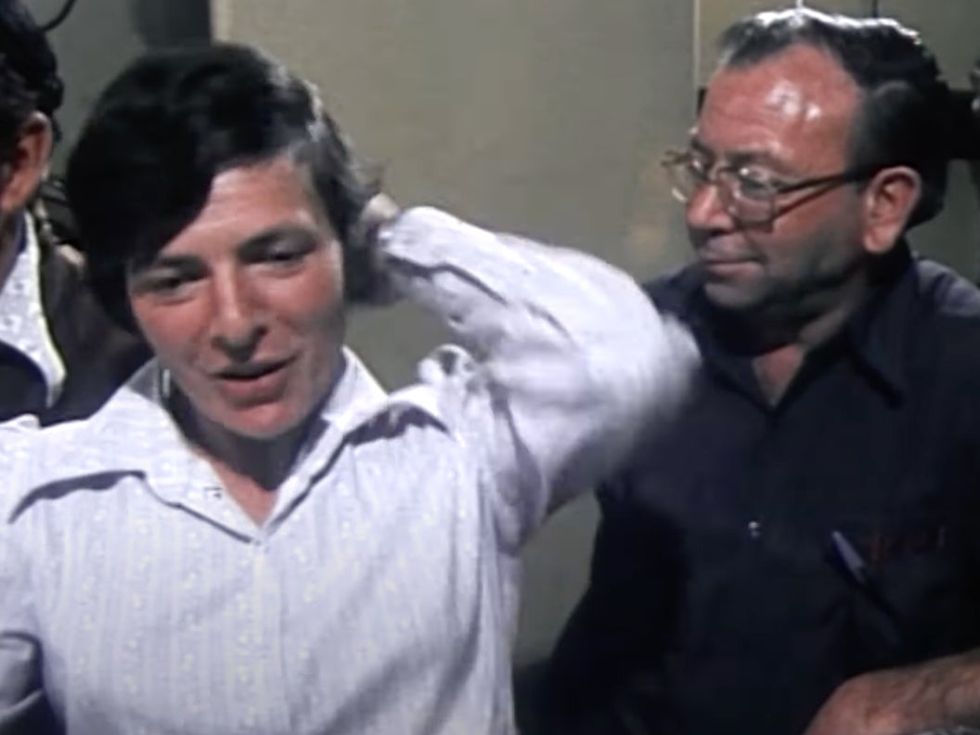
Whilst most of the other customers laughed cheerily at the display, it proved too much for one man who confronted the “molester” and told him to stop.
The same man acknowledged that a public bar should be exactly that: public – and so open to men and women.
He added that, providing female punters were willing to put up with men’s “language”, he didn’t seem to see much of a problem with their presence. (Can we call that progress?)
Eventually the reporter asked one of the very few women around for her take.
She responded sternly: “I’d say a woman enters a public bar at her own risk.”
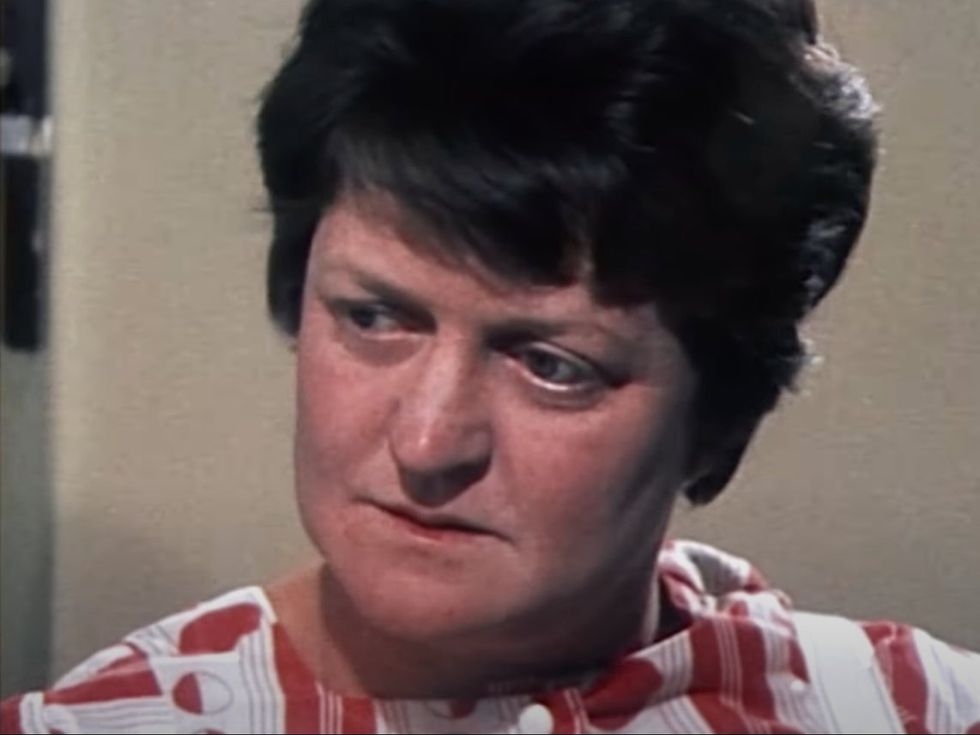
At the end of the segment, the reporter addressed ABC viewers to offer her final conclusion: “I don’t know what you made of it all but, as far as I’m concerned, it simply proves that men are still terrified of women.”
Depressingly, it wasn’t until 1984 that Australia passed the Sex Discrimination Act, making it unlawful to discriminate against a person based on their sex, gender identity or marital status.
An equivalent law was passed in the UK in 1975, but it was legal to refuse to serve woman in British pubs until until 1982 because they were viewed as traditionally “male environments”.
We, for one, need a drink after all that.
Top 100
The Conversation (0)
